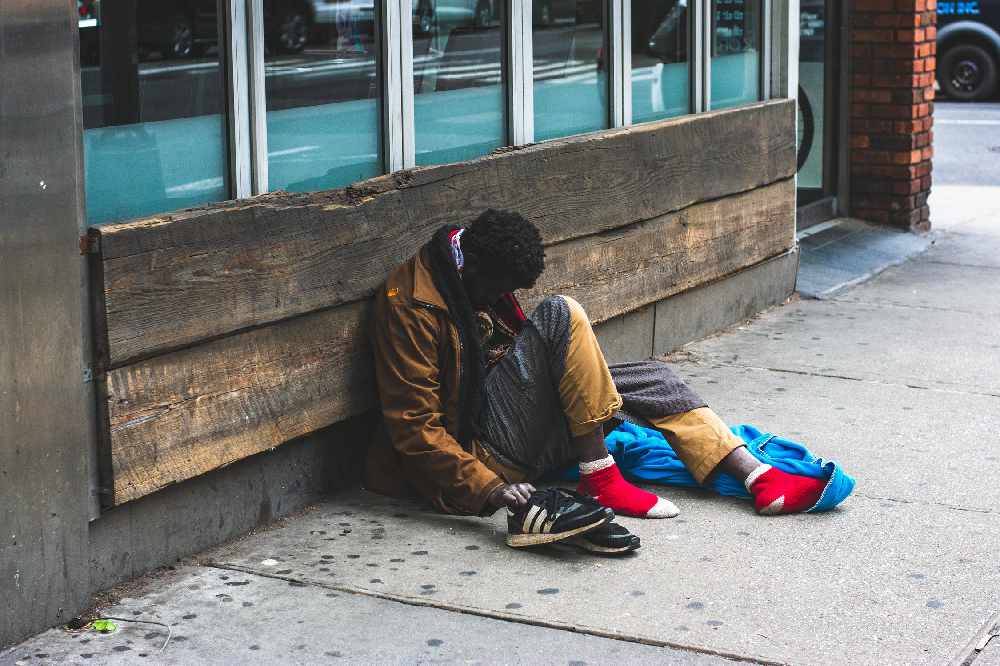(NOTE: speech against the anti-encampment by-law itself was on April 29)
Hi Mayor and Councillors I’m Saleh Waziruddin as the mayor said.
One obvious problem with the business case is that we have 4 to 5 times the active encampments as Guelph, and a bigger area, from Appendix 1 of the report, but the same staffing is being proposed, possibly less. We’ve seen from the news that encampments just pop up again a few days later or somewhere else. But unhoused people’s situation is even worse the next time around so clean up costs will probably be even higher.
But even taking what’s proposed in the report, some of costs are one-time, but others are ongoing even if you are just going to take them once from the tax rate stabilization reserve. Annual licensing fees are obviously not one time, and the other costs are going to be rolled over into the next budget as ongoing operating costs.
The province’s handbook for Councillors (that’s you!) calls the tax rate stabilization reserve “reserves to help address changes in tax REVENUE,” they’re not for operating expenses. If this sounds familiar, it should be because last year the late Councillor Garcia had a budget amendment to take over $225,000 for the operating budget from this reserve. Staff said: “does not meet these criteria.” Staff explained last year “this reserve has been used for non-recurring or one-time expenses.”
If it was a bad idea in 2024 it’s still a bad idea in 2025.
Last year’s staff report also pointed out 62% of this reserve is already committed, and more’s been spent since then. So the business case in front of you would take out more than 20% of the reserve, or almost half for the multi-year period.
And if you spend proportionately what Guelph spends per encampment, you would almost wipe out this reserve. That means when a truly one-off, unforeseen event happens, you won’t be able to have that cushion to spread out the effect on tax rates.
So what should you do if we can’t pay for what’s in the business case, or 4-5 times that? My absolute favorite line in the report: “If Council chooses not to approve the Business Case, staff recommends that the by-law be repealed.”
If you can’t pay to make it real, then you must repeal.
There are other problems with the business case that are more important than money.
Appendix 3 of your report says “shelter space availability not applicable” for Class II areas where people aren’t allowed to set up encampments AT ALL. This is staff’s flowchart of the By-law response and enforcement process. This goes against what you passed on the 29th because section 7.7, which is for ALL parts of the City, says:
“No order requiring the removal of a building, structure, or improvement, or the vacating of a location shall be issued under this By-law unless the City has first confirmed, either directly or in coordination with its housing partners, that supported accommodation space is available.... “
There’s an exception for emergencies but your own by-law says you have to check for shelter availability. And your debate on the 29th shows that you know there are legal reasons why you have to do this. This business case throws that out the window.
Then you go further down the flowchart to what happens if there’s a violation ANYWHERE in the City, Class I OR Class II. It says call the police and go to “Enforcement,” this is not my word it’s from the report in front of you, which says “Parties that obstruct may be prosecuted and could be subject to being arrested. This can include those who are encouraging non-compliance.”
Arrest means criminalization because it means handcuffs and jail, not fines and tickets. This is not an exaggeration. Ontario jails have such a bad reputation that a Scottish court is considering not extraditing people here for murder because it would be a human rights violation to be in an Ontario jail.
“Encouraging non-compliance” is so vague, people supporting the unhoused with just food feel targeted. Many are holding back because they’re afraid. That doesn’t mean more compliance, it means more fear but also more resistance which is not the result you are looking for. This is unnecessary. Arrests and going after those who are supporting (“encouraging”) the unhoused should also be taken off.
Last, the report says one of the key communications messages is “The by-law aims to regulate, not ban.” Regulation means how tall your tent can be or how many anchors it needs. Just because a ban is not a blanket ban doesn’t mean it’s not a ban. The definition for Class II, which is a lot of the City and where most encampments probably are, says “person must not engage in any of the following activities ...: erect, or cause to be erected, or occupy any temporary structure or shelter....” “Must not engage” is a ban by another name.
With this messaging you are saying things that are not true. The City should not be telling lies.
Thank you.

